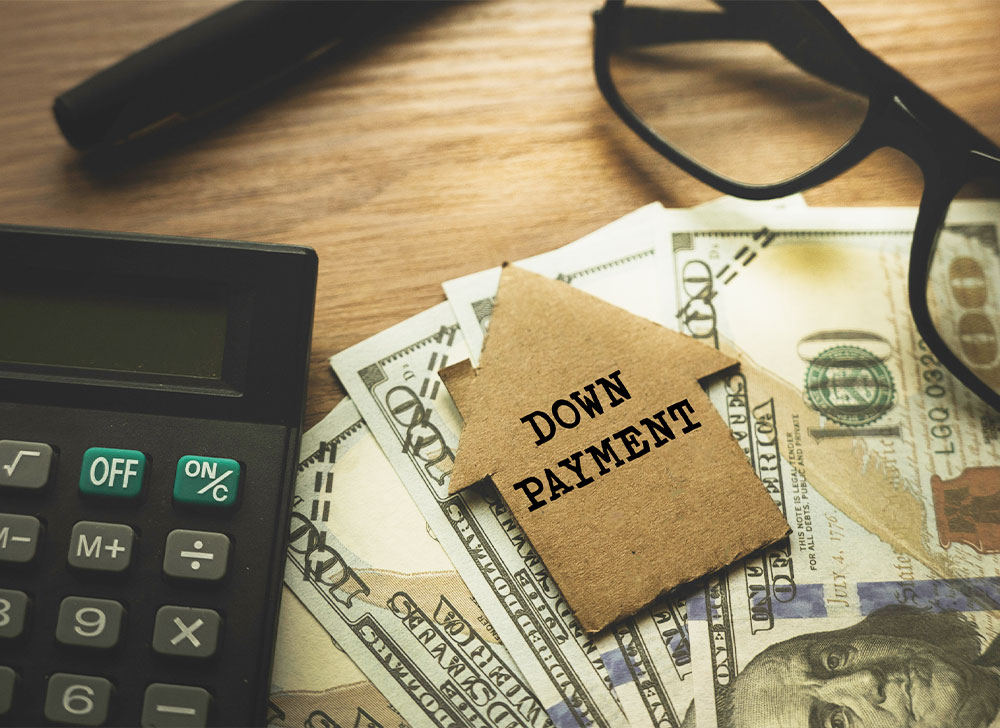When building a custom home, one of the most common questions is: “How much down payment do I need for a construction loan?” Unlike traditional mortgages, construction loans are considered riskier by lenders, so the required down payment is usually higher. Understanding these requirements can help homeowners plan their budget effectively and improve their chances of loan approval.

Content
Why Construction Loans Require Higher Down Payments
Lenders view construction loans as riskier because the home does not yet exist. Unlike a mortgage, where the property already has value, a construction loan is essentially funding a project that could face delays, cost overruns, or market changes. To reduce risk, lenders require borrowers to invest more upfront.
Typical Down Payment Requirements
- Standard Range: Most construction loans require 20% to 30% of the total project cost as a down payment.
- Lot Equity: If you already own the land, its value may count toward your down payment.
- Special Programs: Some lenders and government-backed programs may offer construction loans with lower down payments (as low as 10%), but eligibility requirements are strict.
Factors That Influence Down Payment Amounts
- Credit Score – Strong credit may allow slightly lower down payment requirements.
- Loan Type – Construction-to-permanent loans may have more favorable terms.
- Lender Policies – Each bank or credit union has different requirements.
- Project Type – Custom luxury homes often require higher down payments compared to standard builds.
Tips to Reduce Your Down Payment Burden
- Improve Your Credit Score before applying.
- Use Land Equity if you own the lot.
- Shop Around for lenders offering flexible terms.
- Consider a Co-Borrower to strengthen your application.
Conclusion
The typical construction loan down payment ranges from 20% to 30%, but factors like credit, land ownership, and lender policies can impact the final requirement. Planning ahead and improving your financial profile can help reduce the burden and bring you closer to building your dream home.

Thomas is a home improvement blogger who strives to improve his life and the lives of others. He provides homeowners with helpful tips on how to renovate their homes. His goal is not only to provide easy-to-follow instructions, but also share his own personal experiences for those seeking guidance.


